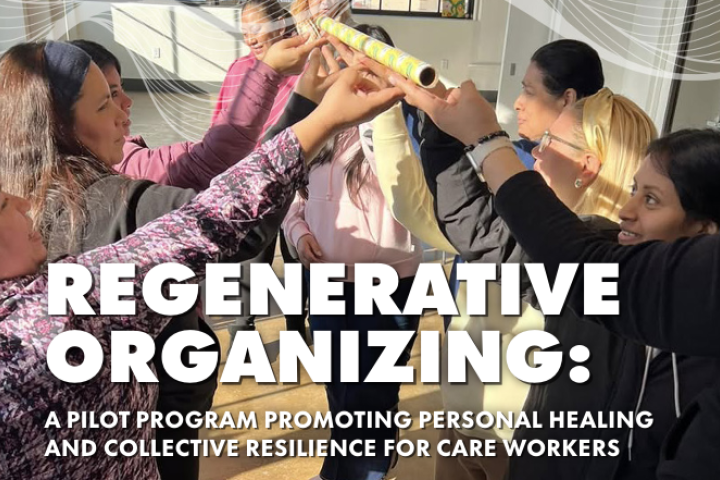
Expanding Essential Unemployment Coverage in NYS Webinar
On Tuesday, December 6, 2022, Cornell University’s ILR Worker Institute held a webinar that brought state legislators, advocates and academics together to discuss the need to expand and make permanent a program to provide essential unemployment coverage to individuals not eligible for unemployment insurance in New York State.
Ian Greer, Director of the ILR Ithaca Co-Lab and Rusty Weaver, Director of the ILR Buffalo Co-Lab presented data on and discussed gaps in New York State’s current unemployment insurance coverage. Currently, 30% - 40% of unemployed workers in New York state collect unemployment Insurance. This low recipient rate mirrors that of the rest of the United States where post-pandemic uptake is currently at 37%. This, compared to 26.4% prior to the pandemic. During the height of the pandemic, uptake rose to 61.7%.
Barriers to collecting unemployment insurance include being self-employed, new to the labor market, not having the documents to work, having been fired, maxing out the 26-week benefit period, and turning down jobs that the New York State Department of Labor considers suitable for work.
Senator Jessica Ramos, 13th District, and Chair of the Committee on Labor and Assembly Member Karines Reyes of the 87th District discussed proposed legislation to expand unemployment compensation to individuals not eligible for unemployment insurance. Senator Ramos noted that at the peak of the pandemic the lack of circulation of funds started to impact neighborhoods negatively and a more sustainable system and process needed to be put in place. Assembly Member Karines Reyes spoke about how intertwined our individual and community well-being is, especially when the economy breaks down, like it did on account of the pandemic public health crisis. But advocates also spoke to how the labor market is changing and that these changes are not in step with the rules and regulations governing unemployment insurance, which in turn, renders individuals ineligible.
As our labor market changes, as our needs change and as new social risks arise, we need an unemployment compensation program to work in tandem with these changes. The Excluded Workers Fund was introduced in New York State to assist those not eligible for traditional unemployment insurance during the pandemic. While this program has since expired, it benefited many individuals during the pandemic who otherwise would not have had recourse to any type of cash support. The time is now to build on and make such a program permanent.



